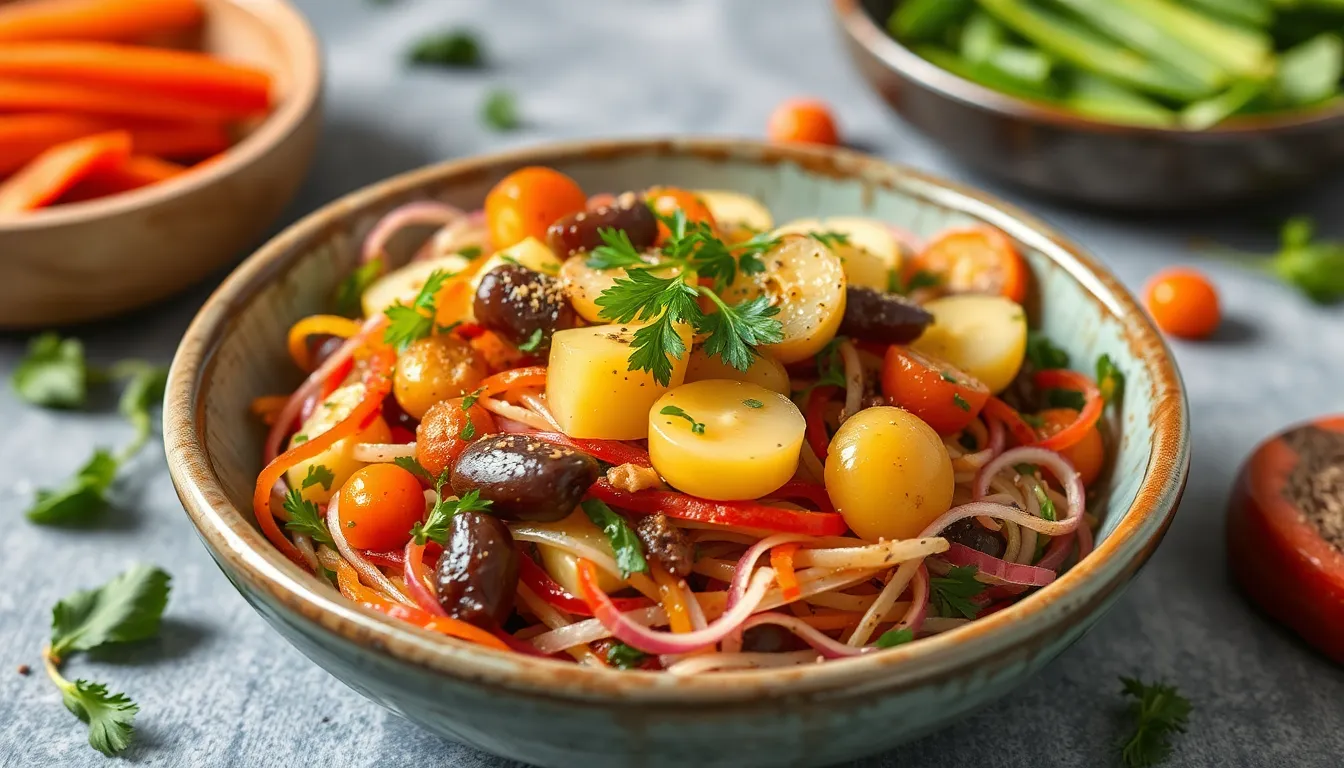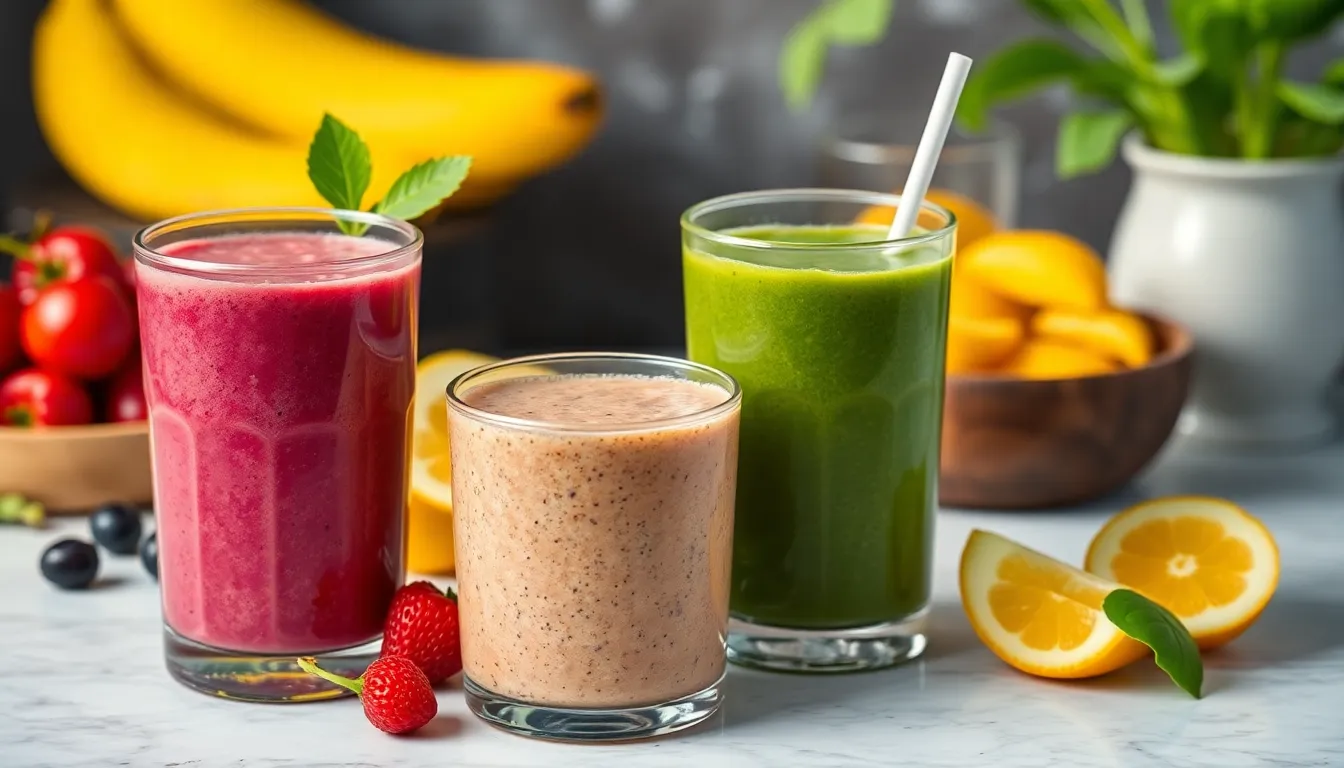The Raw Truth About Raw Foods
In recent years, the popularity of raw food diets has surged, with many touting the benefits of consuming uncooked fruits, vegetables, nuts, and seeds. However, as with any dietary trend, myths and misconceptions abound, obscuring the truth about what it means to embrace raw foods. To make informed dietary choices, it is essential to debunk these prevalent myths surrounding raw food consumption.
Myth #1: Cooking Kills All Nutrients
A common belief is that cooking destroys all the nutrients in food. While it’s true that some nutrients can be diminished through the cooking process, this is not universally applicable to all vitamins and minerals. In fact, certain nutrients may become more bioavailable when cooked.
For instance, cooking can break down cell walls in plant foods, releasing antioxidants and enhancing the absorption of certain nutrients. Here’s a breakdown of nutrient availability:
| Nutrient | Raw Foods | Cooked Foods | Bioavailability |
|---|---|---|---|
| Vitamin C | High | Low | Decreased |
| Beta-Carotene | Moderate | High | Increased |
| Lycopene | Low | High | Increased |
| Iron | Moderate | High | Increased |
Myth #2: Raw Foods Are Always Healthier
While raw foods can be a part of a healthy diet, they are not always the healthiest option for everyone. Some foods contain natural toxins that can be harmful when consumed raw. For example:
- Certain beans: Raw kidney beans contain phytohemagglutinin, which can cause serious digestive issues if not cooked properly.
- Potatoes: Raw potatoes contain solanine, a toxin that can lead to nausea and other adverse effects.
- Eggs: Consuming raw eggs poses a risk of salmonella infection.
Individual dietary needs and preferences play a critical role in determining whether a raw food diet is appropriate. Consulting with a healthcare provider or nutritionist can help tailor dietary choices to meet personal health goals.
Myth #3: You Can’t Get Enough Protein from Raw Foods
Another misconception is that raw food diets lack sufficient protein. While it’s true that some traditional protein sources are cooked, there are plenty of raw options to choose from, including:
- Nuts and seeds (e.g., almonds, chia seeds, hemp seeds)
- Legumes (e.g., sprouted lentils, chickpeas)
- Green vegetables (e.g., spinach, kale, broccoli)
To balance protein intake, consider incorporating these strategies:
- Mix different protein sources to ensure a complete amino acid profile.
- Utilize protein-rich smoothies with nut butter or protein powder.
- Experiment with sprouting to enhance nutrient absorption in legumes.
Myth #4: All Raw Foods Are Safe to Eat
While many raw foods are delicious and nutritious, not all raw items are safe for consumption. Food safety concerns such as pathogens and toxins can arise, especially with certain types of produce. To avoid potential issues:
- Always wash fruits and vegetables thoroughly before consumption.
- Be cautious with raw meat or fish, which can harbor harmful bacteria.
- Educate yourself about specific food safety practices for raw items.
Some common raw foods that require caution include:
- Wild mushrooms
- Raw sprouted seeds
- Raw dairy products
Myth #5: A Raw Food Diet Is Too Restrictive
Many people perceive raw food diets as overly restrictive, limiting their food choices. However, a raw food diet can be incredibly diverse and creative! Here are some vibrant options to explore:
- Raw salads featuring a variety of greens, fruits, nuts, and seeds
- Raw smoothies blended with fruits and nut butter
- Coconut-based desserts made with raw cacao
- Spiralized vegetable noodles with homemade sauces
Encouragement to experiment with raw cooking techniques can lead to discovering new flavors and textures. Don’t shy away from getting creative with your ingredients!
Embracing the Truth About Raw Foods
In summary, the myths surrounding raw foods are wide-ranging and often misleading. By debunking these misconceptions, we can better understand how to incorporate raw foods into a balanced diet. Remember that moderation and variety are key components of any healthy eating plan. We encourage you to share your own experiences or insights about raw foods in the comments below!
Bonus Section: Recommended Resources for Raw Food Enthusiasts
If you’re interested in diving deeper into the world of raw foods, here are some excellent resources to help you on your journey:
| Resource Type | Title | Author/Source | Link |
|---|---|---|---|
| Book | The Raw Food Detox Diet | Natalia Rose | Link |
| Website | Raw Food World | Various Authors | Link |
| Documentary | Raw for 30 Days | Various | Link |
Closing Thoughts
We invite you to share any myths or misconceptions you’ve encountered about raw foods in the comments section. Your insights can help shed light on this intriguing topic! If you found this article helpful, please consider sharing it on social media to spread awareness about the truth behind raw foods.




